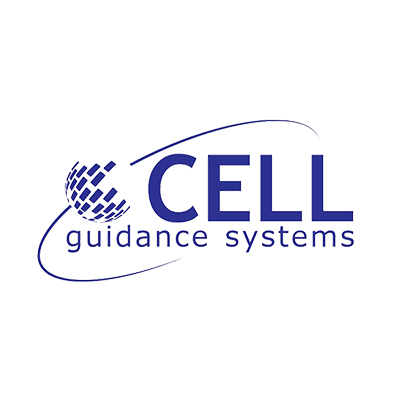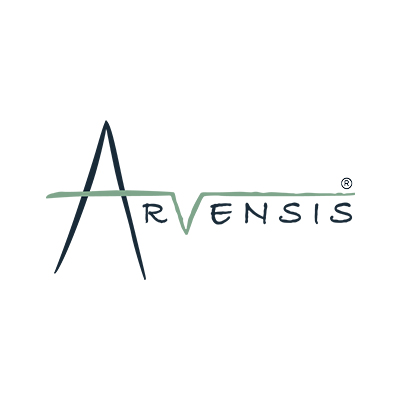Arvensis Bioscience: A small step towards a more sustainable lab
Few professions produce as much daily plastic waste as biologists. The necessity for controlled conditions during experiments has made uncontaminated, at best sterile reagent containers made of disposable plastic an irreplacable resource in the laboratory. Whether Petri dishes, centrifuge tubes, pipettes or microtiter plates: life sciences are always plastic sciences. It appears almost paradoxical that plastic occupies such a central position in biological research, while biologists are certainly among the scientists who are most keenly aware of the negative consequences of excessive amounts of plastic waste for the environment. Fortunately, this awareness has led to rethinking in recent years: Recycling is gaining popularity and many labs reconsider their daily work-flows, so that at least the non-contaminated consumables can be further processed. Avoiding plastic where it is not necessary saves valuable fossil resources and reduces the CO2 footprint of laboratories. However, the latter in particular is a difficult balancing act, which in the end is mostly a financial decision, since one-way is and remains the cheapest option.
A small step in the direction of more sustainability is provided by our newest manufacturer Arvensis Bioscience. Arvensis produces disposable PCR consumables (plates, strips, seals) and is the world first manufacturer to halve the CO2 footprint of its plates: Arvensis Bioscience uses a plant-based biomatrix instead of fossil-generated plastic for all elements of the plates apart from the actual reaction wells - these are still made of medical grade polypropylene to prevent potential cross-reactions. This not only halves the carbon footprint of each plate, but also makes them lighter, resulting in reduced energy costs required for shipping. And speaking of transportation, Arvensis Bioscience produces in Slovakia just 100km from Vienna, which makes the logistics of their products even more environmentally friendly and results in a robust supply chain.
Although Arvensis Bioscience will not save the world, they are a first important step in a right, more sustainable direction.
To the Arvensis Bioscience products
 Cell Guidance systems
Cell Guidance systems
We are excited to announce a strategic partnership with Cell Guidance Systems (CGS). This collaboration enhances our web shop offerings, providing researchers with cutting-edge tools for cell biology research.
Cell Guidance Systems is a leader in exosome research and their Polyhedrin Delivery System (PODS) technology. Through this partnership, we now offer CGS's range of exosome products, including isolation kits, characterization tools, engineered exosomes, and exosome-based assays.
The innovative PODS technology developed by CGS enables efficient and targeted delivery of growth factors and small molecules to specific cells or tissues. This advancement revolutionizes cell biology research, allowing scientists to explore cellular function and other cellular mechanisms as well as potential therapeutic interventions.
"We are excited about our partnership with Cell Guidance Systems," said Alexander Mayer, an employee at Szabo-Scandic. "By combining our expertise, we empower researchers with comprehensive solutions for transformative discoveries in cell biology."
At Szabo-Scandic, we are committed to providing researchers with the latest laboratory technology. Our web shop now includes CGS's innovative products, customized solutions, and the support of their world-class scientists.

 Deutsch
Deutsch
